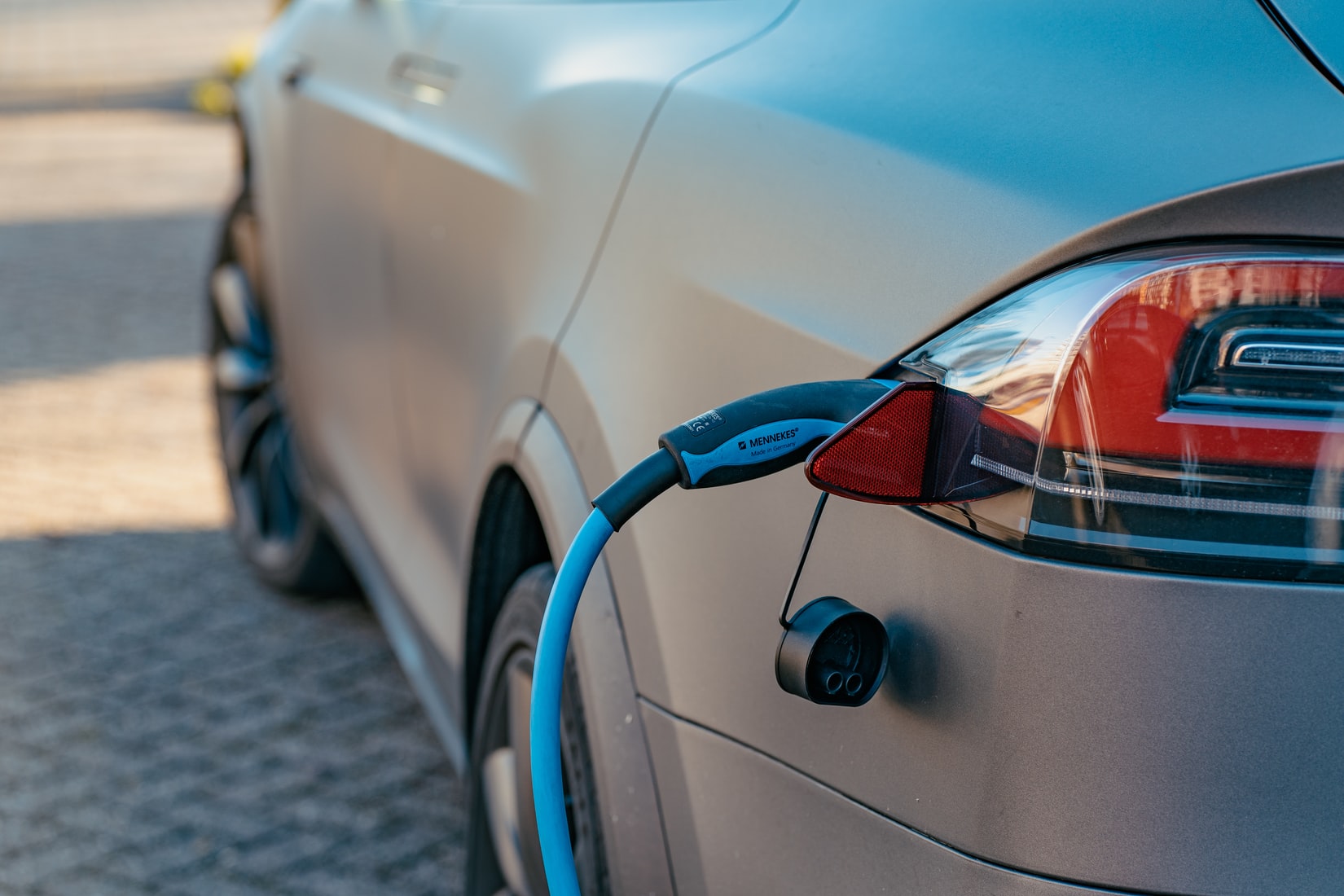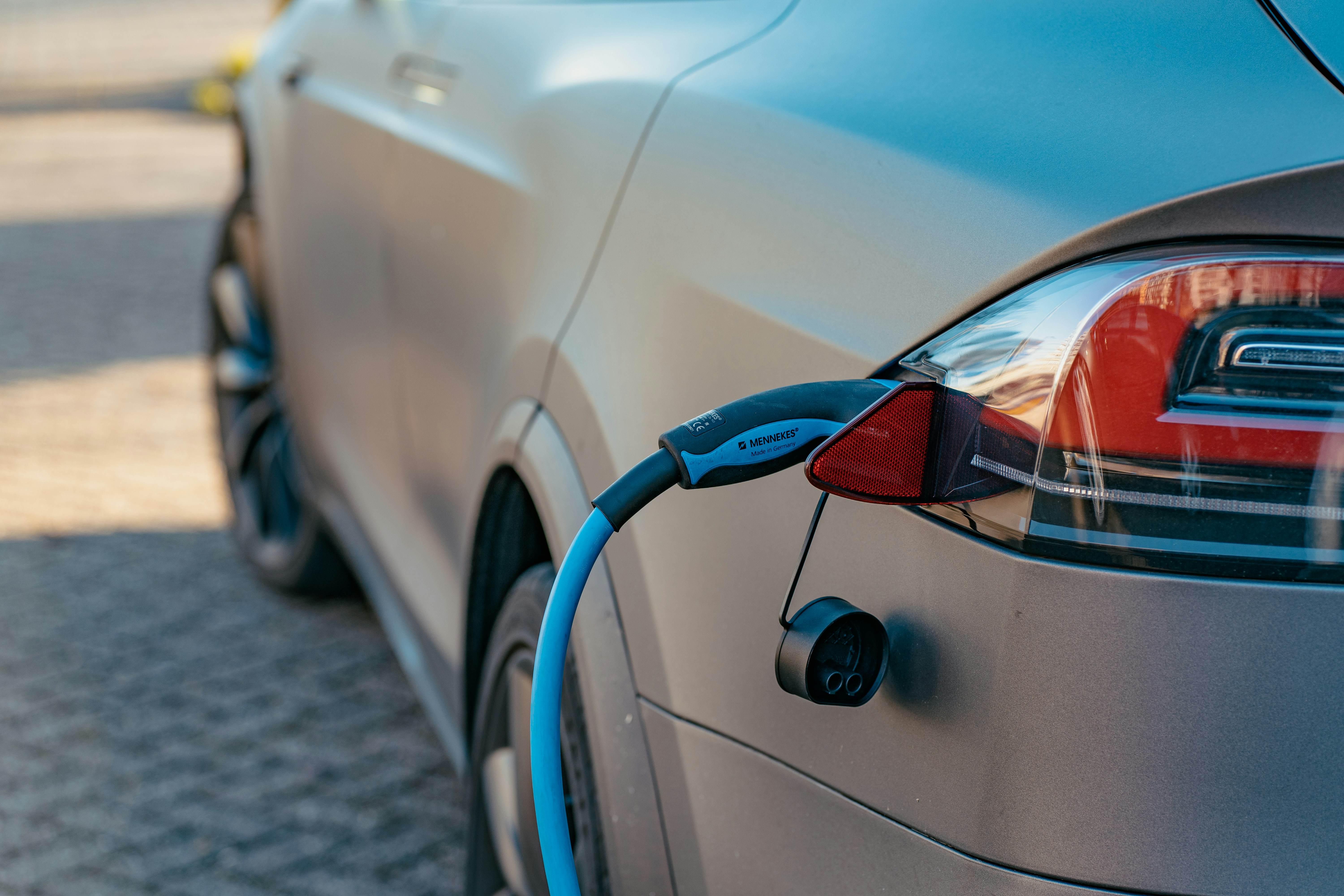
A robust EV charging network benefits the environment
Perhaps the greatest benefit of investing in a nationwide charging network is the effect it will have on the environment. The transportation sector is a major source of greenhouse gas (GHG) emissions – the very gases that trap heat in the atmosphere and are actively warming the planet. Indeed, the EPA estimates that the sector accounts for 29 percent of total US GHG emissions (over half of which is produced by light-duty vehicles) and 14 percent of global GHG emissions. In the United States, it is the single largest contributor to GHG emissions.
To stem the tide of climate change, the transportation sector must dramatically decrease its externalities on the environment. EVs offer a scalable solution. A recent life cycle study found that in the U.S., a 2021 battery EV creates approximately just one-third as much GHG emissions as a similar 2021 gasoline car. Those emissions will be further reduced when the charge powering the EV comes from renewable energy sources rather than from fossil fuel-powered sources.
And politicians and regulators are making it known that transportation public policy is moving towards disincentivizing the use of fossil fuels and encouraging more EV adoption. Thus far, 30 states have instituted Renewable Energy Portfolio standards, California, New Jersey, and Massachusetts have set plans to ban the sale of gas-powered vehicles with 9 other states considering it, and the EPA has proposed clean car standards that will dramatically increase the number of EVs on the road. The automotive industry is responding in kind by investing billions in EV technology and committing to increasing EV sales to 50 percent of total U.S. sales by the end of the decade. Given that the current sales of EVs make up just around 2 percent of total sales, this will be a massive shift in the market – and we will need a charging network to match it.
To complement public policy and alleviate the “range anxiety” that is dissuading consumers from purchasing EVs (which studies show that 58% of prospective EV drivers are worried about with 49% fear a low availability of EV charging stations), policies must encourage private sector investment in an equitable, efficient, and widely dispersed charging network. This will require all stakeholders – including automakers, EV industry leaders, refueling stations, utilities, elected officials, regulators, and the public – to work cooperatively to craft public policy that strikes the balance of facilitating an efficient expansion with creating a competitive market for EV charging while ensuring customer fairness and equity. By giving consumers the confidence to switch to EVs by investing in a robust charging network that reduces “range anxiety” and incentivizes the private adoption of EVs, we can significantly reduce the transportation sector’s GHG emissions profile and ensure a cleaner, healthier environment for generations to come.



